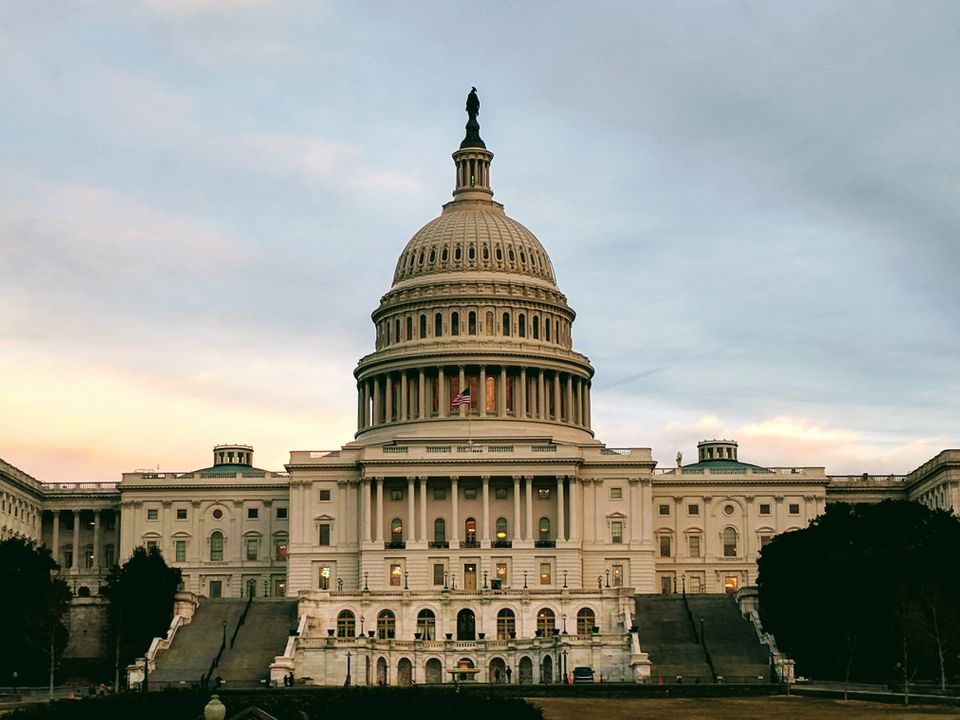Nunes memo promotes intelligence distrust, not surveillance reform

The so-called Nunes memo, a document alleging an abuse of surveillance powers when the FBI intercepted the communications of an adviser to Donald Trump, has some civil-liberties advocates calling for a resurrected debate on surveillance reform.
Don’t hold your breath.
Just a few days before the February 2 release of the memo, its author, House Intelligence Committee Chairman and early Trump supporter Devin Nunes, spoke out loudly against an effort to build new privacy protections into U.S. foreign-surveillance programs.
The Nunes memo alleges that the FBI used questionable evidence to obtain a warrant to conduct electronic surveillance on Carter Page, at the time an adviser to Trump’s presidential campaign. Much of the evidence for the warrant, first obtained from the Foreign Intelligence Surveillance Court in October 2016, came from a salacious dossier on Trump, financed in part by the Hillary Clinton presidential campaign, according to the memo.
READ MORE ON GOVERNMENT SURVEILLANCE
As reform fails, back to business as usual for NSA surveillance
Surveillance bill keeps U.S. search loophole open
Jennifer Granick on spying: ‘The more we collect, the less we know’ (Q&A)
Garry Kasparov takes on the Russian surveillance state (Q&A)
‘State of Control’ explores harrowing consequences of surveillance
ACLU, TPI, Consumer Watchdog at odds in privacy policy debate
How to strike a balance between security and privacy (Q&A)
New research explores how the Great Firewall of China works
Some privacy advocates say Nunes’ four-page memo illustrates a lack of transparency in the process that allows the National Security Agency and the Federal Bureau of Investigations to obtain permission from the Foreign Intelligence Surveillance Court to target the communications of certain people. The memo, after all, says its findings “represent a troubling breakdown of legal processes established to protect the American people from abuses related to the FISA process.”
But the California Republican has been a steadfast supporter of the existing surveillance process, and critics dismiss his memo as a political “stunt” intended to cast doubt on Special Counsel Robert Mueller’s ongoing investigation into possible connections between Trump’s presidential campaign and the Russian government.
Until now, Nunes has “never met a surveillance authority he doesn’t like, and he’s never met a privacy protection he doesn’t oppose,” says Elizabeth Goitein, co-director of the Liberty and National Security Program at the Brennan Center for Justice. “I don’t sense any conversion moment happening here.”
The need for surveillance reform goes far beyond this specific issue of protecting the privacy of advisers to a specific presidential campaign, she says. And even though some lawmakers have pushed for a renewed debate on surveillance reform, she says, there’s little chance of the memo inciting major changes.
“If this somehow led to the bolstering [of] the protection of Americans’ privacy in our foreign-intelligence surveillance laws, I’d be cheering in the street, even though it originated [with] a stunt,” Goitein says. “But I don’t think there’s any chance of that.”
During the recent debate over reauthorization of Section 702 of the Foreign Intelligence Surveillance Act, Nunes had “ample opportunity” to make changes requiring the NSA or FBI to disclose relevant politically sensitive information to the FISC, says Patrick Eddington, policy analyst at the libertarian Cato Institute.
The authority to surveil Page fell under a separate section of the FISA law than the 702 foreign intelligence reauthorization, but the debate over 702 would have been an opportune time to bring up concerns about the FISA process, Eddington says. “For me, that’s proof positive that this entire exercise…was entirely political in nature.”
How people perceive the Nunes memo, he adds, “breaks down along partisan lines…If you’re a Trump supporter, it confirms your Deep State fantasy. If you oppose Trump, you view it as a thinly veiled attempt to provide him cover in the Russiagate scandal.”
Trump has thus far declined to give the House Intelligence Committee permission to release a Democratic memo that purportedly disputes parts of the Nunes memo. Democratic members of the House Intelligence Committee say the Nunes memo paints an incomplete picture of the FISA process related to the surveillance of Page.
Republicans have essentially argued that a few “bad apples” at the FBI and Department of Justice were the problem, says Julian Sanchez, a senior fellow at Cato. Nunes and his allies seem to suggest that “there were a handful of individuals who formed some kind of cabal to conspire against Trump.”
Reform efforts also have not focused on Title I, the part of FISA that served as the foundation for the Page warrant. Title I is, “at its heart, targeted surveillance based on a judicial finding of probable cause,” Sanchez says. Reform efforts “have been far more focused on mass surveillance tools with little or no serious judicial oversight.”
